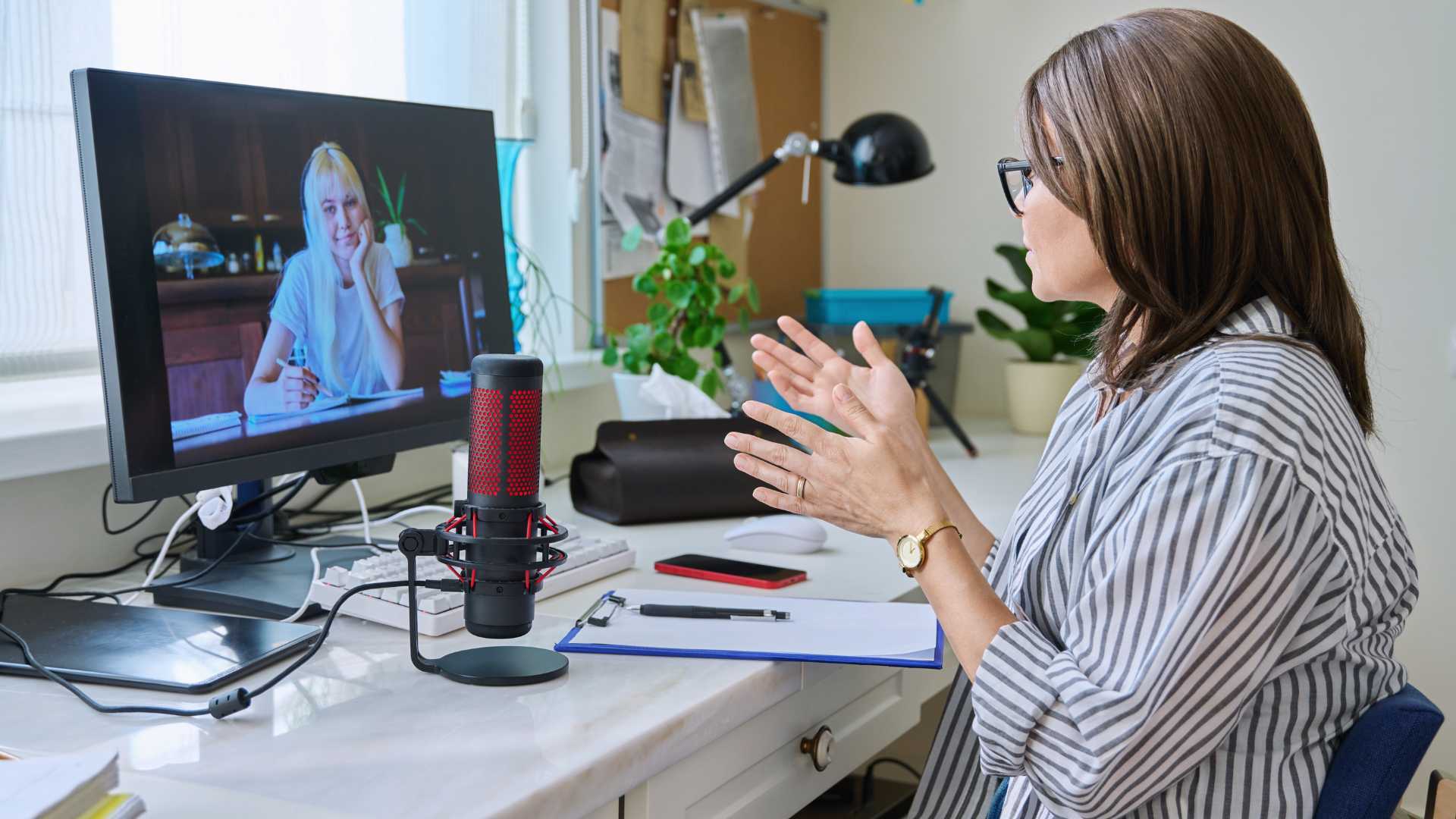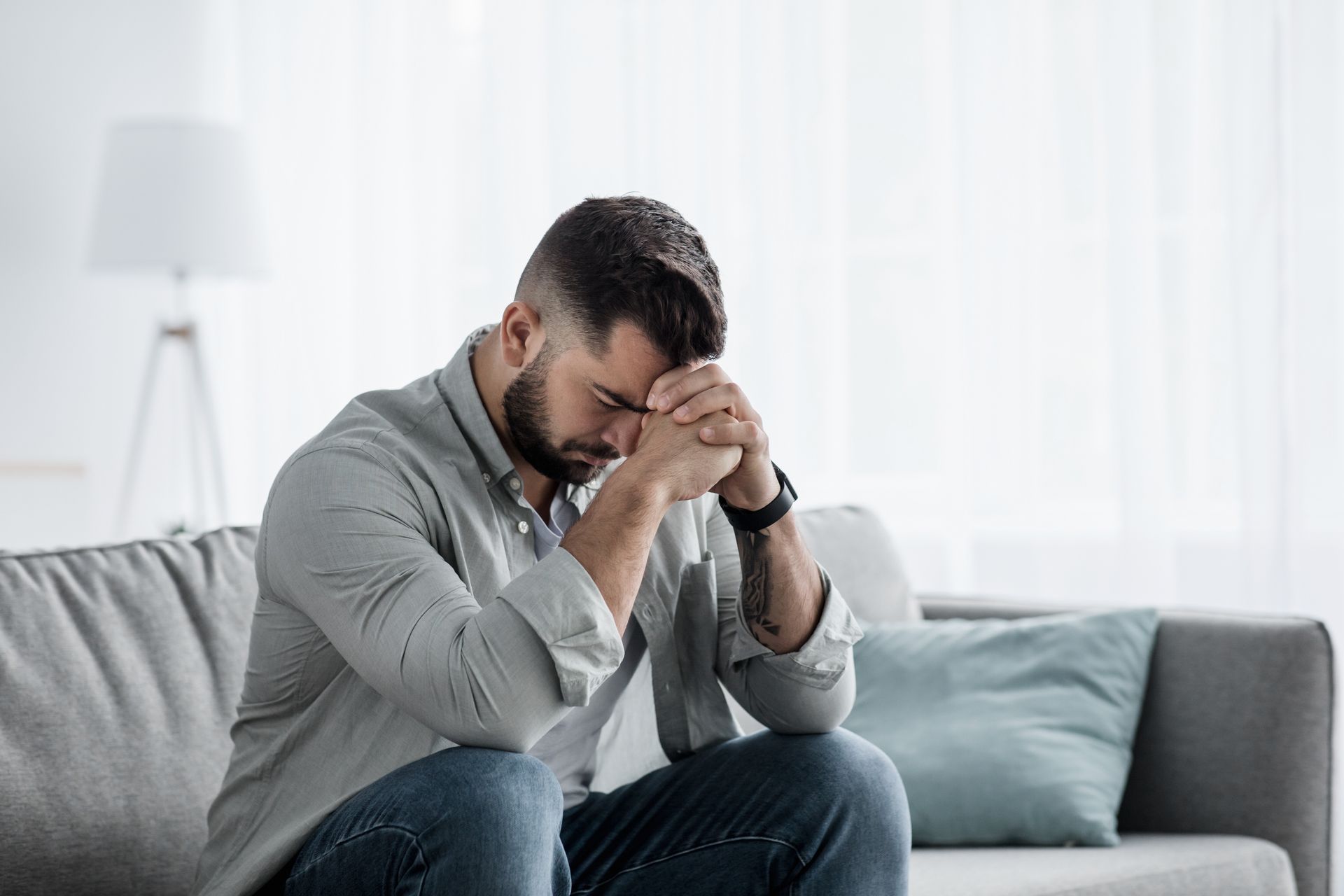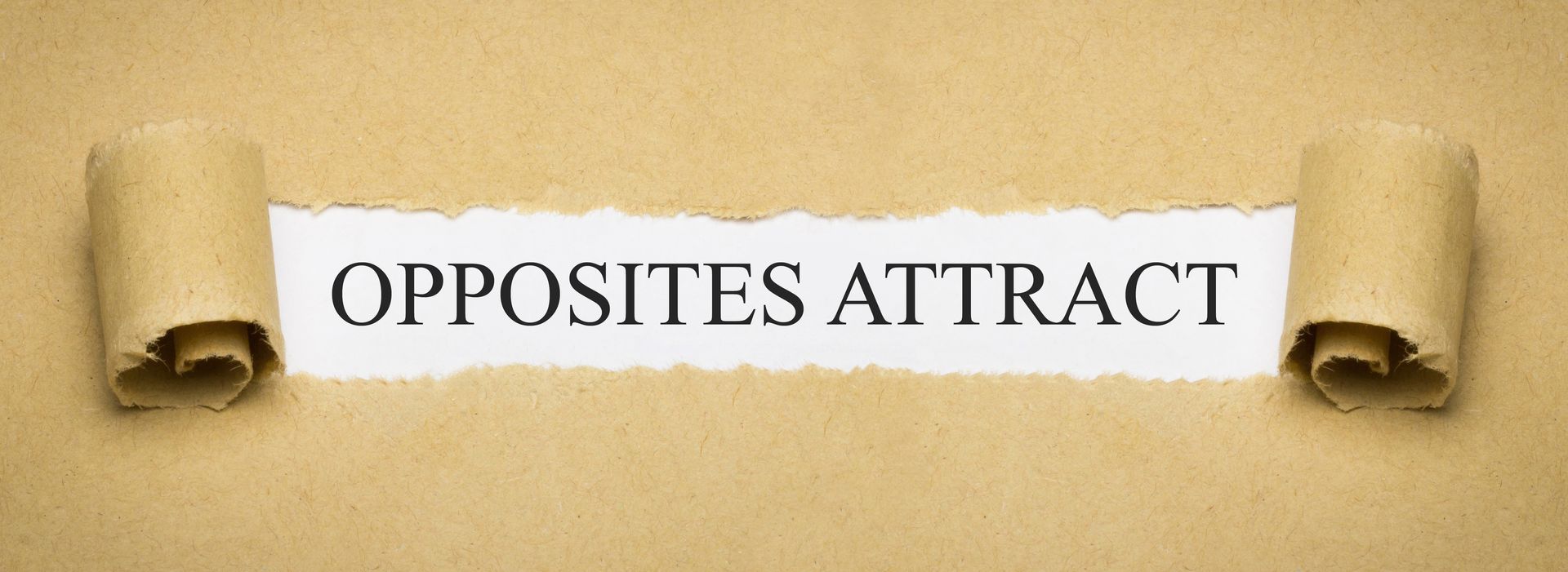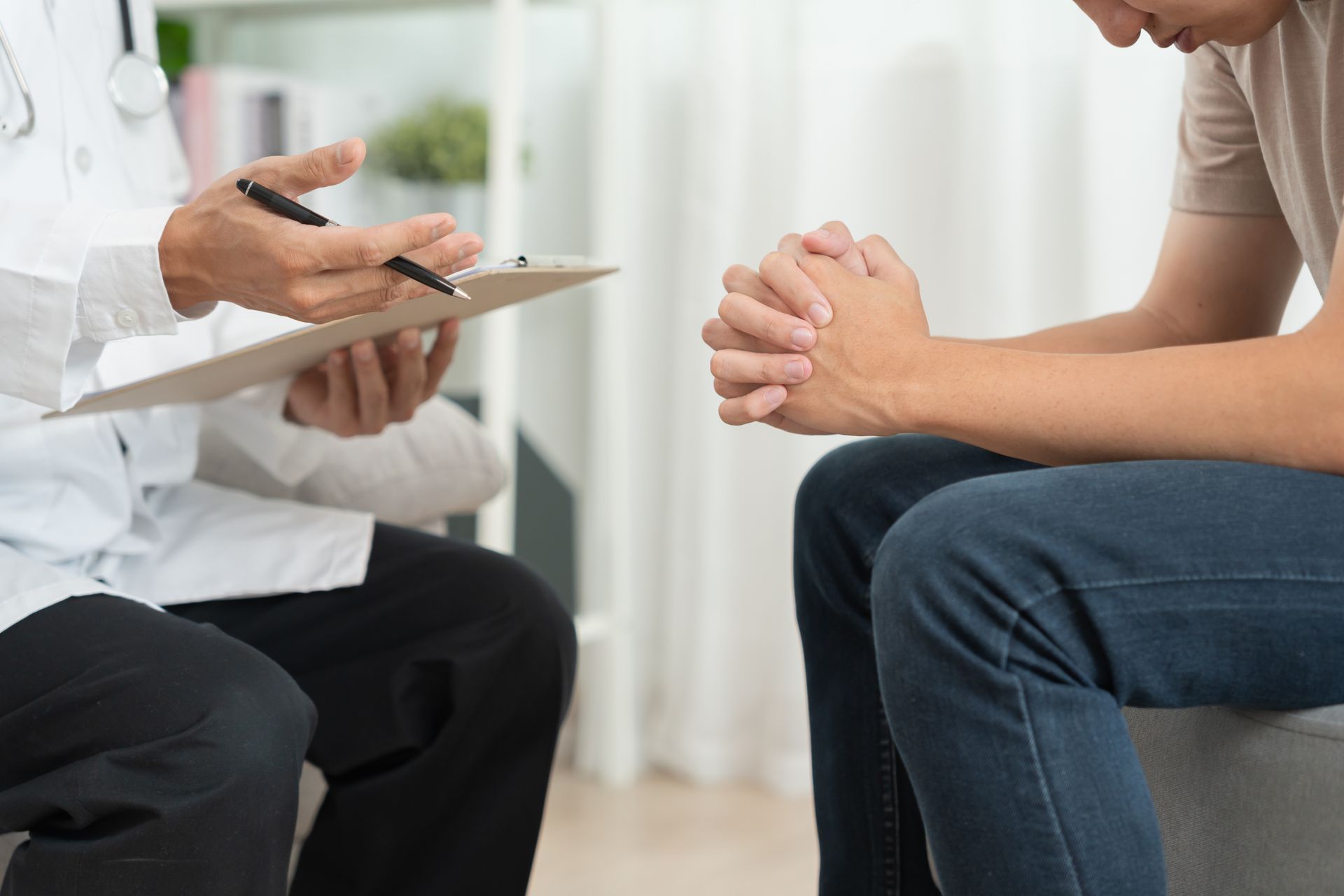How the Virtual Psychiatric Platform Affects Psychiatry Service Providers

With the aim of having providers in all 50 states by the end of 2024, Virtual Psychiatric Care has been quickly growing the psychiatry network after launching a successful test of online psychiatric services for the past two years. Prescribers on the Virtual Psychiatric Care platform, which consists of a skilled and committed group of psychiatrists, mental nurse practitioners, and physician assistants, interact with patients through Live Video Sessions, therefore facilitating more access to critically needed psychiatric care.
We’ve seen a number of patients throughout the past two years. It’s been an eye opener as to how many people need access to reliable psychiatric care. The advantages of going to an online psychiatrist are endless. We’ll discuss some of the reasons as to why our virtual psychiatric platform has been affecting the community in a positive way. You no longer have to wait months to see a psychiatrist.
- Flexibility
- Convenience
- Reliable
- Less Time Between Visits
- Final Thoughts
Let’s begin!
Flexibility
Flexibility is a big concern for many patients. You want to be able to find the right care convenient to your schedule. Some people who need psychiatric help can't get to a psychiatrist's office or live in a remote area with limited access to them. I’ve seen instances where there are psychiatrist offices that will have you wait for 3 months before seeing you. Some people cannot wait that long. These people can now access psychiatric services that might not otherwise be available to them thanks to telepsychiatry.
Convenience
Convenience is the main justification for adopting online psychiatry. You may conduct your sessions in the quiet of your own home and avoid dealing with huge lines, gridlock, and long journeys.
Some people want to get their psychiatric care entirely online. After you begin online treatment, it is uncommon to need in-person appointments. However, depending on federal limits, it is still feasible, particularly when prescribing medications.
All of the prescribers have a lot of expertise in the field of psychiatry, although many of them are new to telemedicine.. This convenient way to provide services at times and places that work for their schedules. Other service providers have observed how simple it is to SMS clients to receive prompt responses to questions.
Reliable
The treatment programs of patients who depend on ongoing medical care are disrupted by moving. For instance, it is not sensible or practicable to go back and forth every week if your therapist is located in a different state or city.
Your best option is to choose the knowledge of an internet treatment service. During your lunch break at work or in between household chores, you can participate in therapy sessions via phone or video calls.
Less Time Between Visits
Virtual Psychiatric care genuinely works. You’ll spend less time between visits. The effectiveness in online psychiatry is proven through a number of studies. According to a 2015 analysis, telepsychiatry appears to be generally helpful for a variety of age groups, including children, teenagers, and older persons.
In contrast to children who traveled by ambulance for in-person psychiatric care, those who received online psychiatry sessions had shorter stays in emergency departments, according to a 2018 research.
Another review from 2015 reveals that the following circumstances are when telepsychiatry is most beneficial:
- Disordered hyperactivity and attention deficit (ADHD)
- Post-traumatic stress disorder and depression
Final Thoughts
A psychiatrist is a medical professional qualified to identify mental health issues, provide treatment, and write prescriptions for medicines.
Online psychiatric consultations have a number of advantages over in-person appointments. For instance, evidence points to online psychiatry as a practical, affordable, and efficient choice for those in need of mental health care.
State PPR rules and regulations determine whether or not an online psychiatrist is permitted to write prescriptions.
Before choosing if online psychiatry is a good choice for them, a person might inquire with their primary care physician for further details and suggestions.
There are many reasons why people might need psychiatric services. If you feel like you’re struggling, you don’t need to feel like you have no support. There are alternatives out there for you.
For instance, some people might go to a psychiatrist to get a treatment strategy for a mental health condition, like: depression, anxiety, and compulsive behavior, bipolar illness, Schizophrenia.
If you think you need help, feel free to book an appointment with one of our specialists today.











